Share the post "Interview with blues rock guitarist DANNY BRYANT (April 2013)"
Blues-rocker Danny Bryant started playing guitar at 15 years old. He turned pro 3 years later and became Walter Trout’s protégé. In the intervening years he followed the old school route to build a rock solid fan base on the back of relentless European tours, opening for the likes Joe Cocker, Carlos Santana, Buddy Guy, Peter Green and Walter Trout, as well as headlining festivals in his own right.
In 2007 he signed with the prestigious Rounder label, topping the itunes and Amazon blues charts. 2 years later he appeared on the all star ‘The Best Blues Album In The World Ever’ and in 2010 he cut the aptly titled breakthrough album “Just As I Am’, which confirmed his song writing to be the equal of his guitar playing. It duly charted across Europe.
Snapped up by the pro-active Jazzhaus label, Danny’s recent ‘Night Life – Live In Holland’ CD and DVD provided a succinct summation of a career on the up escalator. The new studio album ‘Hurricane’ is the first to benefit from a rich production that brings out the depth of his songs and the strength of his guitar playing.
Pete Feenstra talks to Danny about his career, the new album and working with a producer Richard Hammerton.
Does ‘Hurricane’ feel like your best album?
Oh yeah definitely. It’s a step up for me. A lot of it is down to the producer Richard Hammerton as he was really pushing me. I wanted to make a bit of different album and push myself as well.
You recorded this album in the relative isolation of Cornwall. How did that idea come about and how did you source the studio?
I found the studio though guitarist John Amor who recommended it to me. He said if you’re looking for somewhere with no thrills, and want to get away from it all this is a cool place. I didn’t quite realise it was as remote as that (laughs). We brought quite a lot of Richard’s own gear there. They did have their own gear too, but basically we really just used the space. It was miles from anywhere,8 miles to nearest pub or shops and the internet didn’t work, so we were literally doing 18 hours a day.
How did you hook up with producer Richard Hammerton?
He used to own the Norwich studio where I recorded the title track of my ‘Days Like This’ album with Walter Trout back in 2005. He owned it for about 15 years and through recording there we became friends, though we’d only see each other about once a year. He said, if you ever feel like you need a producer give me a call, but in the meantime he’d sold the studio. He stopped doing engineering and producing and started song writing and was in Los Angeles a lot writing songs for films, but I still had his number. In the meantime I hooked up with Jazzhaus, but the first album was the ‘Nightlife’ CD which was live and I wanted to make a proper studio album and polish it to a certain extent
I wanted someone I was comfortable with as the producer. Jazzhaus had the idea of working with various people and Popa Chubby was suggested, but I was a bit in awe of him. I really like his music but I didn’t think that would be a good idea, though I think he’s a great producer. So I called Richard and though he said he didn’t really do it anymore, we started talking. He asked me what I wanted from the new album. I said well I didn’t want a straight blues album and nor did he. In fact he said he didn’t think he’d be the man to do it if that was what I was intending to do.
He asked me to send him some of the albums that influenced me and made me think outside the box. He also asked me to send him the angle of the blues I liked. So I sent him Albert King, some old acoustic blues, some Gary Moore and more obvious stuff like Stevie Ray Vaughan as Richard’s not really a blues guy.
He liked all that. I said that’s where we need to be going with the guitar side of things really. But he asked me what albums influenced my song writing. So I sent him Bruce Springsteen ‘The Rising’ – one of my favourite albums ever – and John Hiatt’s ‘Dirty Jeans and Mudslime Hymns’. And that’s what we wanted try do and put those two influences together. It’s something I always wanted to do. We went from there really.
I can hear both influences on the title track?
Well that’s what we were aiming at really, we didn’t want to disguise it, and it’s what we wanted it to be. So we met up. He was still in Norwich and I’m in Royston which is only a couple of hours from each other. He’s a technical computer guy and I’m not. But he had me working on the lap top on Garage Band, and I’d send him demo’s two or three times a week. He’d make me chuck out the ones he didn’t think would work or he’d suggest rethinking others, or ask me about the style of a song. And we started building things up from there and that was last September
Were the songs written before you went into the studio?
Yes everything was actually written before we went into the studio. I wrote 10 songs, but chucked one out as it didn’t work. I’d never worked with a producer before you see, and the whole point was that he’d ring me every day and he’d ask me what are you working on? I’d say well I just came back from touring and he’d say, no get on with your songwriting. So I had someone to answer to in a good way. When I sent him a song he’d be very encouraging, but if he didn’t think it worked or it needed a bridge for example, or if it had gone on too long, he’d tell me so.
Did that make you a better song writer?
Definitely, or at least I’d like to think so.
Are both ‘Just As I Am’ and ‘Hurricane’ linked in terms of both of being song driven?
Yes . ‘Just As I Am’ was the first album on which I started thinking about more than just the guitar. I’ve not perfected it yet, but I’m still working on it. We were due to do the live thing and I was always nervous about making a real studio album in case I lost the raw edge and excitement, but Richard said you’ve just done the live album, now you need to commit to a studio album with a proper production.
‘Hurricane’ features a big production and some impressive guitar sounds doesn’t it?
Richard emphasised the importance of guitar sounds on a guitar album. So the way we started was this, he made me send him 10 examples of what I thought were great guitar tones, so we could have a common language between us. So we set up code names like the Albert King’s wiry sound, so we could have a common language between us in the studio. He’s not a guitar player or a blues nut or anything like that, so we needed to communicate clearly in the studio, so we both knew what we were taking about.
How did you come up with the arrangements?
We did it together. I wrote the songs, that was completely me; but then he would say move this verse or put a chorus here and things like that. And 2 days before we went to Cornwall he came to my house and we set up a computer in the front room, and made maps of where the songs were going to be so we’d know where we had our choruses. Then we’d talk about what kind of tones we’d need on this and we kept referring back to the records that were influences, and seeing what tones fitted in with those albums. And we’d think about if it needed keyboards or not. And we both agreed with the idea of putting everything on there, as you can always take it off.
Had you thought much about production before?
I started to think about it over the last few years. I think everything just recently came together. I feel I’ve got a label that is very supportive and willing to invest in me, and they let me have the producer I wanted. Richard completely freed me up from the whole recording process really and so I could concentrate on the songs and playing.
You’ve written a song about Buddy Guy and now ‘Greenwood 31’ about Hubert Sumlin. Were they big influences or just blues giants in general?
No they are the ones that really influenced me and I’ve met them both. The Hubert Sumlin song came about because I was in the room in my house where my guitars are and where I had the lap top set up for recording. I had a sort of a Hendrix groove and I told Richard I didn’t know what to do with it lyrically Richard suggested writing something about Hendrix, but I thought that might be clichéd.
So I looked up and there was a photo I had taken of Hubert Sumlin which wasn’t even in the frame. I met him at a festival and asked the promoter if I could spend some time with him and he said yes. So I sat with him for about an hour and took a photo of him with a pint of Guinness in his hand at the festival. About year ago I found it again and put it on the shelf next to me and thought I’d make the song about him.
The album also has some of your best ballads including ‘Can’t Hold On’, the bluesy ‘I’m Broken’ and the emotive ‘Losing You’?
The whole thing is ballads are really my favourite, but I’ve never really been able to really capture them until now, but it’s really my passion.
Then there’s the climactic ‘Painkiller’ which is one of your very best songs?
That was the last song I wrote and we didn’t have much time for pre- production until we got in there, as I’d only written it 2 days before. I tried to write lyrics like Robert Cray and tried to make the music sound like John Hiatt. We threw the big guitar finish in because we didn’t want to go out on an acoustic number.
You also open the album with a Walter Trout style ‘Prisoner of the Blues’, which has a neat link-piece between two parts of the song. Where did that come from?
I had this riff that was too late to fit in and write another song, so Richard suggested dropping it in the middle of that song. It was all about breaking the songs at certain point so they don’t get too boring.
The rhythm section of Ken Bryant and Trevor Barr also feature strongly on the album?
Richard gave them the confidence to play like that. I prefer to tour with people I get on with and I think that is just as important as their technical virtuosity. They got to know Richard and he’s a very easy guy to work with and he gave them confidence and relaxed them so they were able to play like that. In fact they were also very quick to record the tracks.
You seem to have been working hard on lyrical detail with strong metaphors?
Yeah, I’m so interested in song-writing. I probably listen to more singer song-writers than a lot of other blues guys, as I was brought up with it.
‘Night Life’ expanded your audience, but was it daunting prospect to have to record a new studio album to try and top ‘Just As I Am?’
I was dreading it bit, but ‘Nightlife’ sold well, and jazzhaus the label didn’t want to lose the momentum, so I was thinking what shall we do? Just As I Am was written in 2010 and the live album was essentially old material so I had nearly 3 years to come up with fresh ideas.
That was when I came up with the idea of working with Richard, as I didn’t like some of the previous studio stuff that I’d done. I didn’t want to repeat those mistakes, but also there was a budget on this album which makes a big difference and I was happy to be working with Richard.
You signed with Rounder records who also helped you develop your European audience, so what attracted you to jazzhaus?
The main thing is they are a booking agency with Tornado who book people like Walter Trout and Popa Chubby. I wanted to expand into Germany, but they also had this label and they’ve been great for me. They totally know about Europe but don’t know so much about the UK. I also wanted good PR and they didn’t hesitate….and they are working towards breaking me into new territories. They’ve backed me and are willing to invest in me and I think they believe in me and I’ve never had that kind of backing before.
Walter Trout has been a big influence on you, what do you see as his qualities?
I was 15 when I first heard him, and apart from Rory Gallagher I didn’t know much about rock/blues. One thing I will say about Walter – great guitar player that he is – is that it’s his vocals that I really like. It’s his voice that really moves me as much as his guitar playing. But I also like the wildness of his playing. I like guitar players on the edge, with the wildness and intensity of Buddy Guy. I don’t mean I don’t think Walter isn’t polished – he is and doesn’t make mistakes – but I like his guitar playing because it has that edge.
The other thing is I will always stand by him. People have their early influences and then they just forget about them. A lot of people liked Stevie Ray Vaughan for example, but when it became uncool to like him they denied him as an influence.
When you started at 15, why did you gravitate towards Rock/Blues?
It was Walter really. My mum and dad bought an album by him because they liked the cover of it. They played it and it hit something in me. I also saw him in Cambridge and I sent him a letter and he later phoned me. I have the kind of parents who would have given me their full support whatever I was doing
Will you be playing some of the new album on the forthcoming tour?
Over half of it, most of it in fact, but probably not ‘I’m Broken’ or ‘All Or Nothing’.
Interview © April 2013 Pete Feenstra
Photos © Kevin Nixon
Danny Bryant’s Hurricane’ is released by jazzhaus on 6th May 2013.
Danny Bryant continues his Hurricane 2013 European Tour in Holland 12:04:13
Full tour details at www.dannybryant.com
Featured Artist: JOSH TAERK
Since early 2020 Josh has been entertaining us with exclusive monthly live sessions, streamed via Facebook.
In 2023 he signed a recording deal with Sony in Canada and released a new single on 15 September.
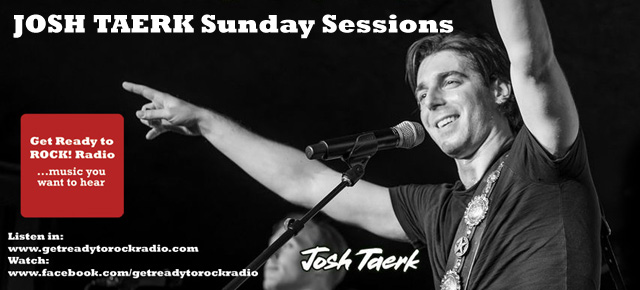
Latest session: Sunday 25 February
Next session: Sunday 14 April
Check out videos here: https://www.facebook.com/getreadytorockradio
David Randall presents a weekly show on Get Ready to ROCK! Radio, Sundays at 22:00 GMT, repeated on Mondays and Fridays), when he invites listeners to ‘Assume The Position’. The show signposts forthcoming gigs and tours and latest additions at getreadytorock.com. First broadcast on 3 March 2024.
UK Blues Broadcaster of the Year (2020 and 2021 Finalist) Pete Feenstra presents his weekly Rock & Blues Show on Tuesday at 19:00 GMT as part of a five hour blues rock marathon “Tuesday is Bluesday at GRTR!”. The show is repeated on Wednesdays at 22:00, Fridays at 20:00). This show was first broadcast 19 March 2024.
How to Listen Live?
Click the programming image at the top of the page (top right of page if using desktop)
Listen via Windows Media Player. Click or tap here and “open file”
Listen via other media player (eg. VLC) Click or tap here and “open file”
Get Ready to ROCK! Radio is also in iTunes under Internet Radio/Classic Rock
Listen in via the Tunein app and search for “Get Ready to ROCK!” and save as favourite.
More information and links at our radio website where you can listen again to shows via the presenter pages: getreadytorockradio.com
Power Plays w/c 1 April 2024
NESTOR Victorious (Napalm)
CADET CARTER Strangers (SBAM Records)
ARENA What’s Your Damage (indie)
ONLAP Never Too Late (AFM Records)
BLACK SONIC PEARLS Black Butterfly (indie)
RENDEZVOUS POINT Don’t Look Up (Long Branch Records)
WILDSTREET Come Down (Golden Robot Records)
Featured Albums w/c 1 April 2024
09:00-12:00 CIRCLE OF FRIENDS Cherokee Moon (Escape Music)
12:00-13:00 MYRATH Karma (earMUSIC)
14:00-16:00 The Best of 2003-2023
To see our Tweets you need to be logged in to a Twitter account
Popular (last 10 days)
Share the post "Interview with blues rock guitarist DANNY BRYANT (April 2013)"

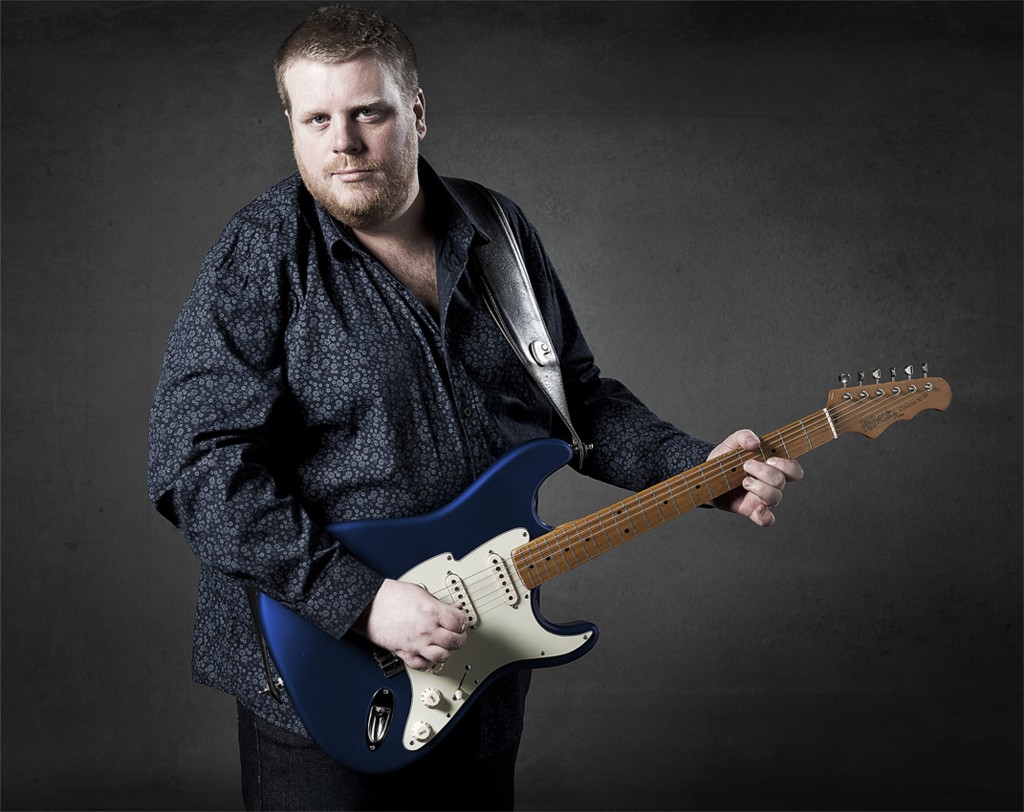
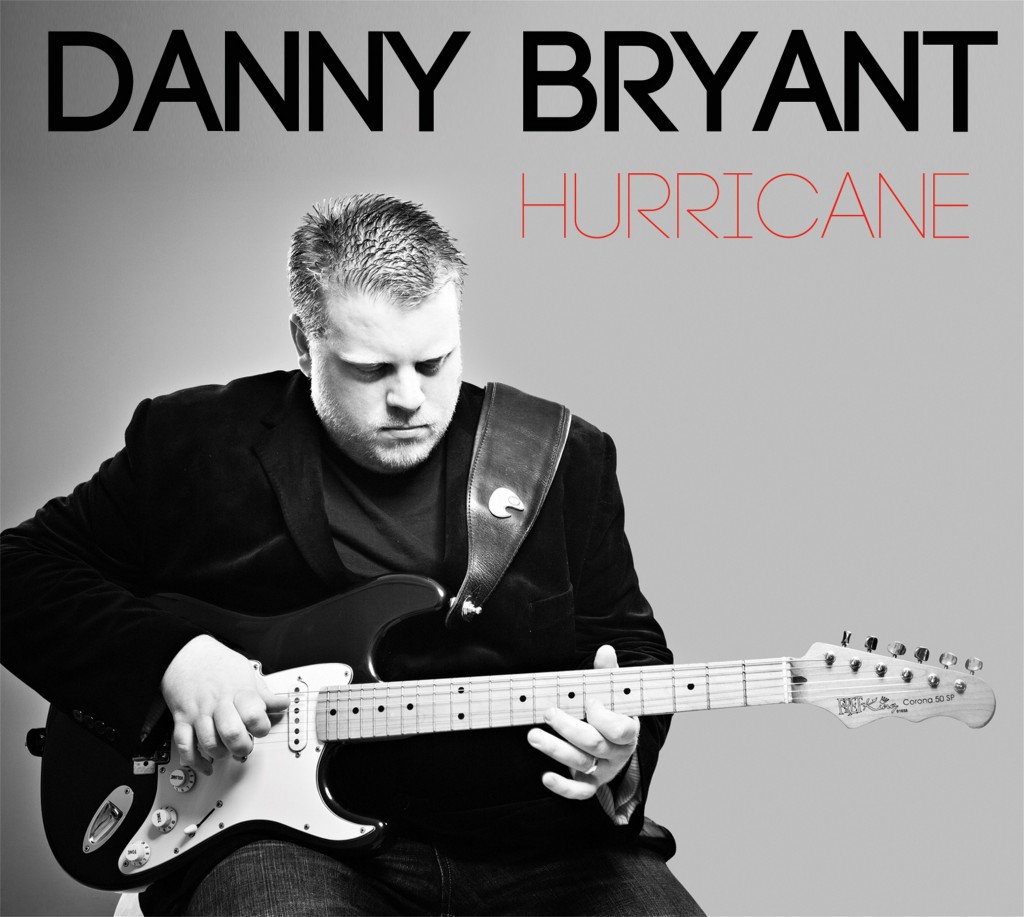
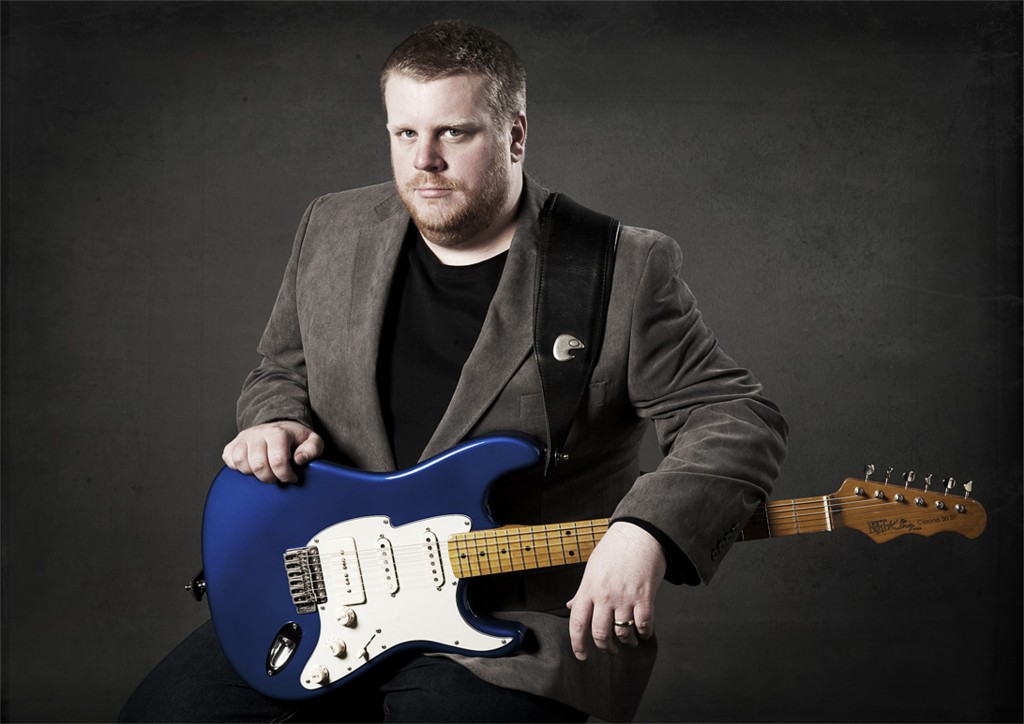
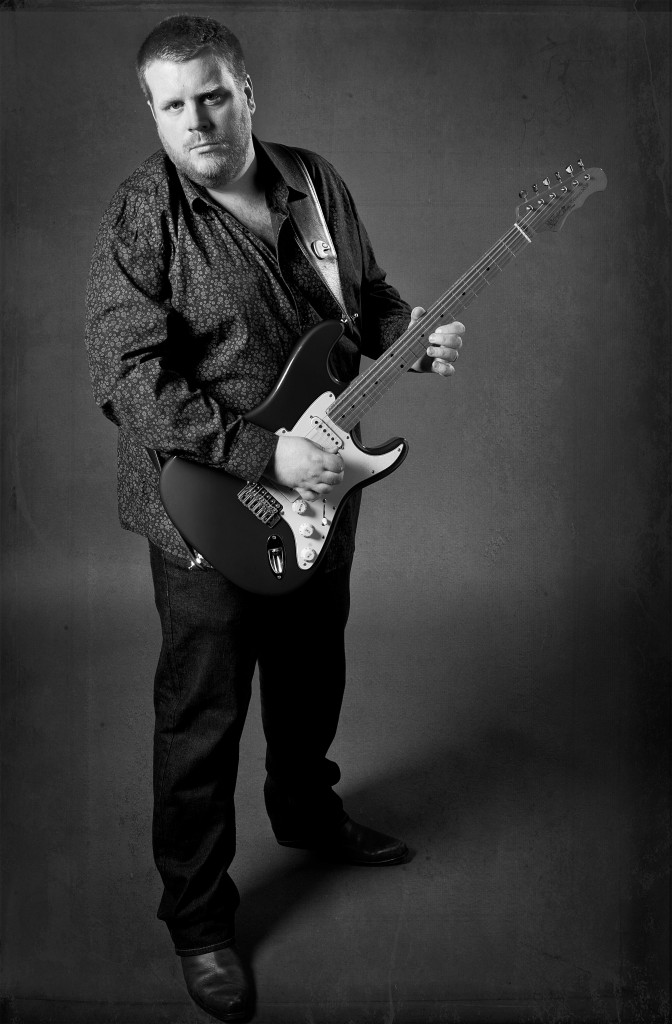
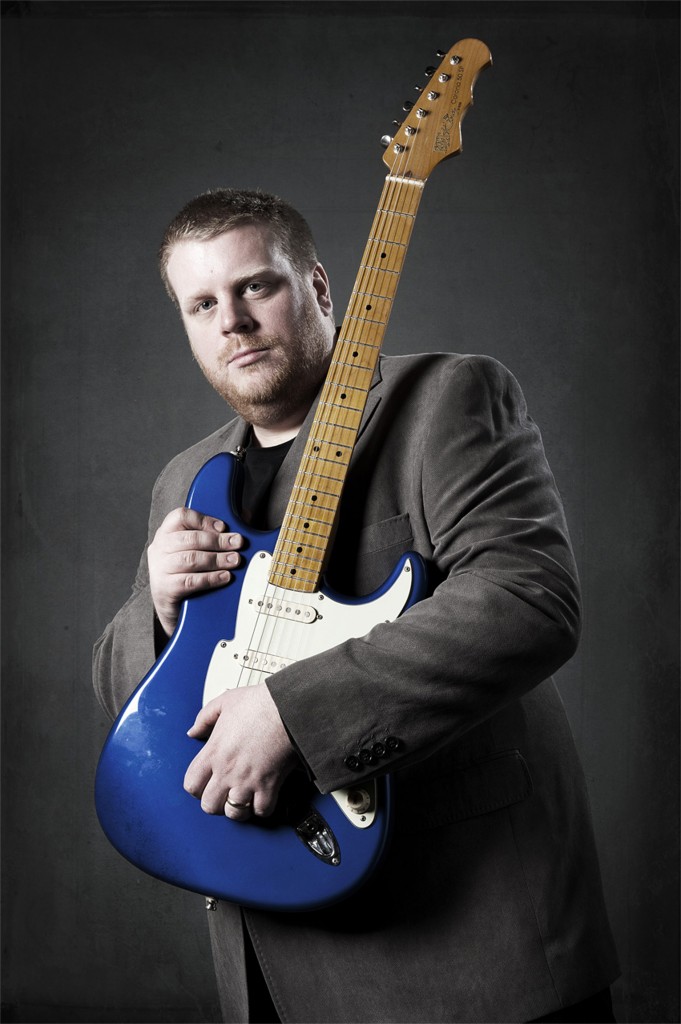
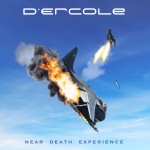
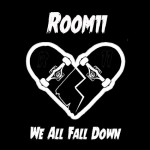
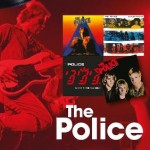
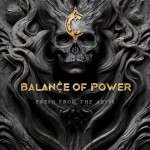
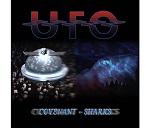
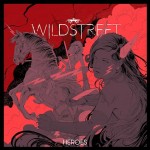
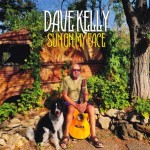
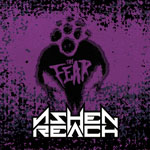
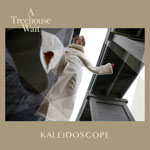
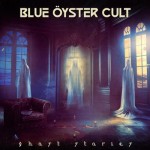
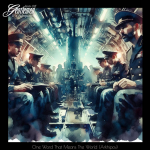
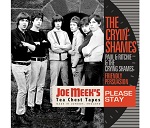
 PDF - you can delete unwanted sections
PDF - you can delete unwanted sections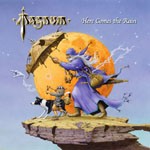


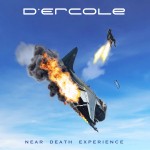
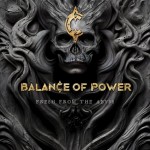
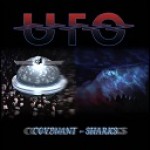
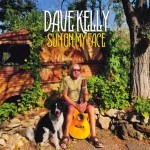

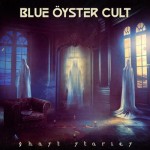

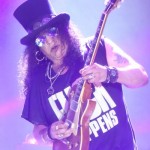

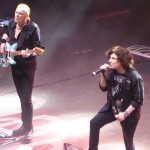


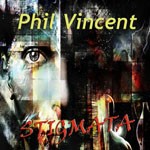
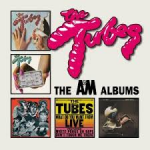
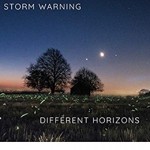
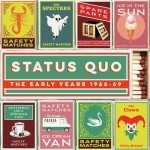
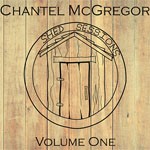
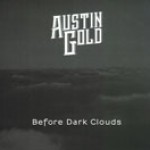
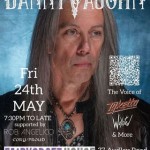
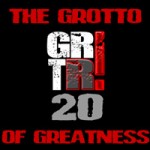
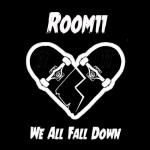
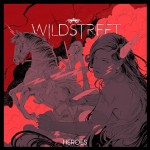
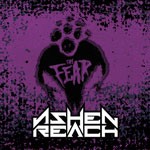
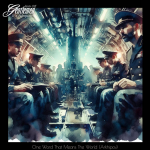
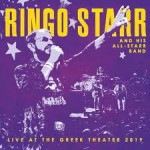
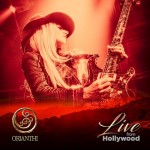
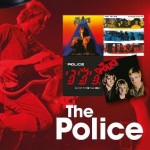
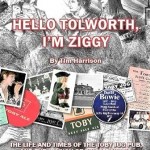

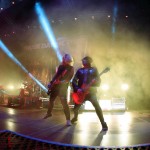

Pingback: Album review: DANNY BRYANT – Hurricane - Get Ready to ROCK! Reviews | Interviews | Blog